Managing a student rental unit comes with a unique set of challenges, particularly when it comes to maintenance and repairs. Unlike typical residential properties, student rentals often experience a higher turnover rate and varied levels of care from tenants. As many students live independently for the first time, they might not be as vigilant about property upkeep, leading to more frequent repair needs.
Common areas like kitchens and bathrooms are particularly prone to wear and tear. The constant use by multiple tenants often results in overlooked maintenance, from clogged sinks to malfunctioning appliances. Personal spaces, too, bear the brunt of novice living. It’s not uncommon to find broken window cranks, damaged door levers or handles, damaged laminate floors, and other minor damages that accumulate over time.
Security is another crucial aspect. With students often losing keys or fobs, the installation of door keypads has emerged as a practical solution, enhancing both security and convenience. Additionally, waste management poses a significant challenge. Missed garbage days can lead to piled-up waste, especially when responsibilities are ambiguously assigned among roommates.
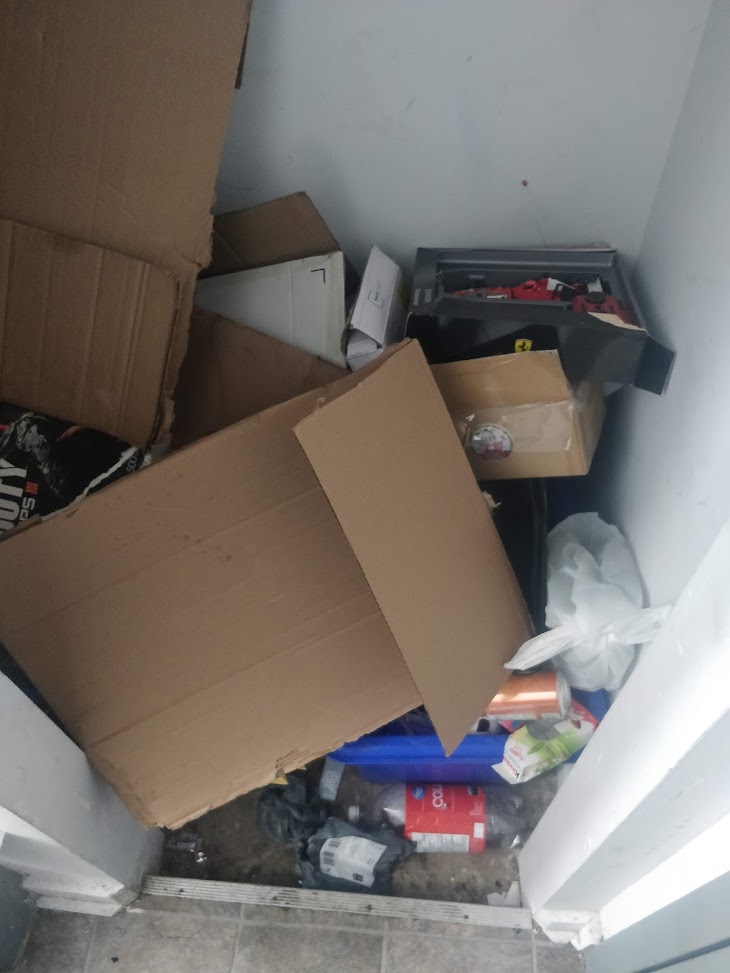
We delve into these common repair issues, offering practical advice and solutions to help landlords and property managers maintain their units efficiently. From tackling shared responsibilities in common areas to addressing individual repair needs, this guide aims to provide a comprehensive understanding of maintaining student rental properties.
Common Area Maintenance: Navigating Shared Responsibilities
One of the most challenging aspects of managing student rental units is maintaining the common areas. These spaces, including kitchens, living rooms, and bathrooms, are shared among all tenants and are therefore subject to more wear and tear. Here, we explore the common issues that arise in these areas and provide practical solutions.
Kitchens and Bathrooms: High-Traffic Areas Prone to Wear Kitchens and bathrooms in student housing are heavily used and often neglected. Common issues include:
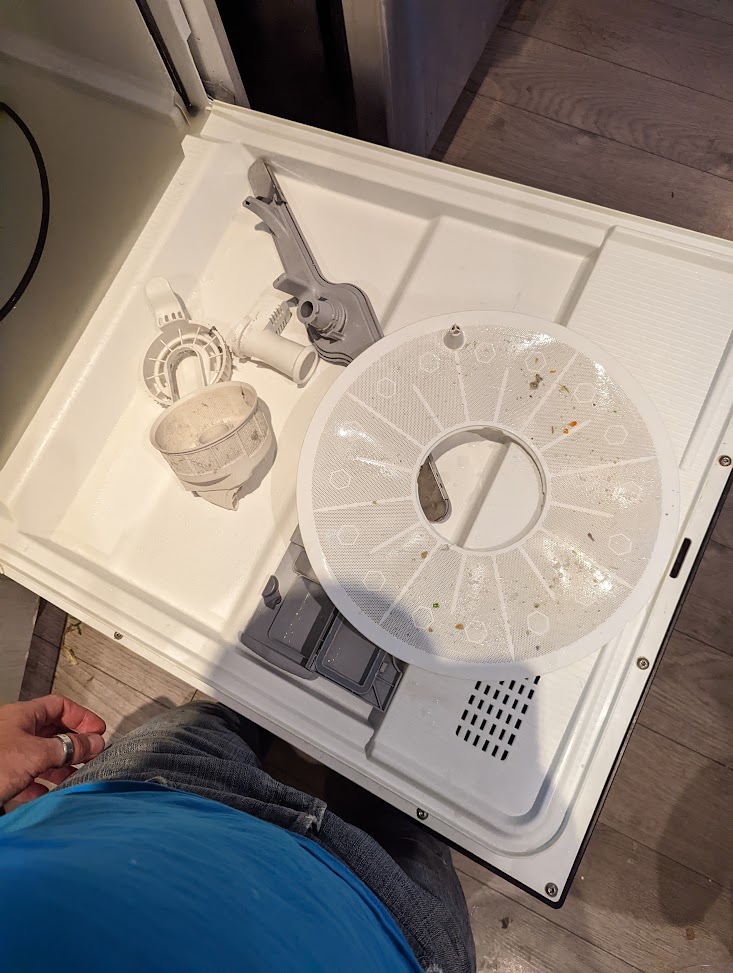
- Clogged Sinks and Drains: Hair, food particles, and grease build-up are frequent culprits. Regular cleaning and the use of drain strainers can prevent most clogs.
- Appliance Breakdowns: Microwaves, ovens, and refrigerators in student kitchens are under constant use, leading to quicker wear. Providing guidelines for proper use and ensuring regular maintenance checks can extend their lifespan.
- Damaged Cabinets and Countertops: Constant use and accidental mishandling can lead to chipped countertops and loose cabinet doors. Using durable materials and periodic inspections can mitigate these issues.
Prevention and Maintenance Tips To ensure these common areas remain functional and safe, consider implementing the following:
- Regular Cleaning Schedule: Establish a cleaning schedule, possibly including professional cleaning services periodically.
- Clear Use Guidelines: Provide tenants with guidelines on the proper use of appliances and general maintenance of the area.
- Responsive Maintenance Services: Ensure that any reported issues are addressed promptly to prevent further damage.
Creating a Community Mindset Encouraging a sense of community among tenants can go a long way in maintaining common areas. When students feel a sense of belonging and responsibility towards their living space, they are more likely to take better care of it. Organizing regular meetings or creating a forum for tenants to discuss maintenance issues can foster this community spirit.
By understanding the unique challenges of common area maintenance in student rentals and implementing proactive measures, landlords and property managers can significantly reduce the frequency and severity of repairs, ensuring a more pleasant living environment for all tenants.
Personal Space Repairs: Windows, Floors, and More
Student rental units often face specific challenges in maintaining individual rooms or personal spaces. Here, we explore common issues and provide solutions to ensure these spaces remain in good condition.
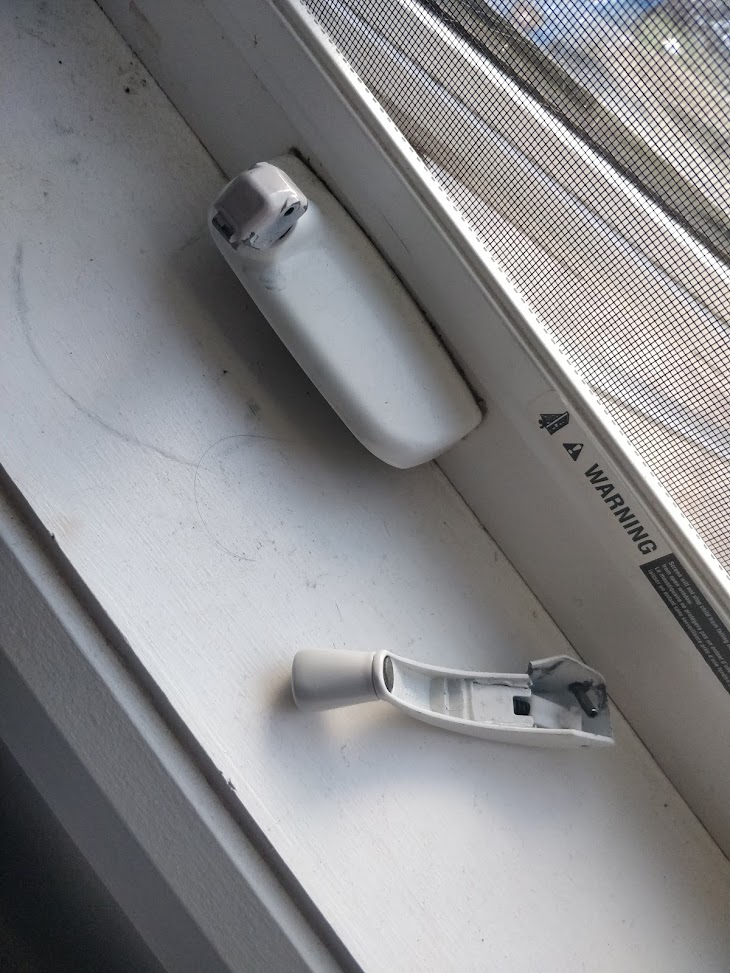
Frequent Issues in Personal Spaces In student rentals, personal spaces like bedrooms often encounter:
- Broken Window Cranks and Blinds: Due to frequent use or mishandling, these are common issues. Regular checks and providing instructions on proper use can reduce such damages.
- Damaged Laminate Floors: Heavy foot traffic, lack of floor mats, and accidental spills can lead to damage. Using protective mats and regular inspections can help maintain flooring integrity.
Strategies for Efficient Maintenance To address these challenges, landlords and property managers should consider:
- Regular Room Inspections: Conduct inspections at regular intervals and when tenants move out.
- Educational Guides for Tenants: Provide tenants with guidelines on maintaining their personal spaces, including tips on avoiding damage.
Challenges with Tenant Turnover Tenant turnover presents unique challenges in student housing:
- Staggered Departures: Students often leave at different times based on their academic schedules. Those who leave early might leave behind garbage or belongings, placing the burden of cleaning and disposal on the remaining tenants.
- Accountability for Damages: Determining responsibility for damages or missing items becomes complex when tenants leave at different times. Implementing a thorough check-out process can help identify and address these issues promptly.
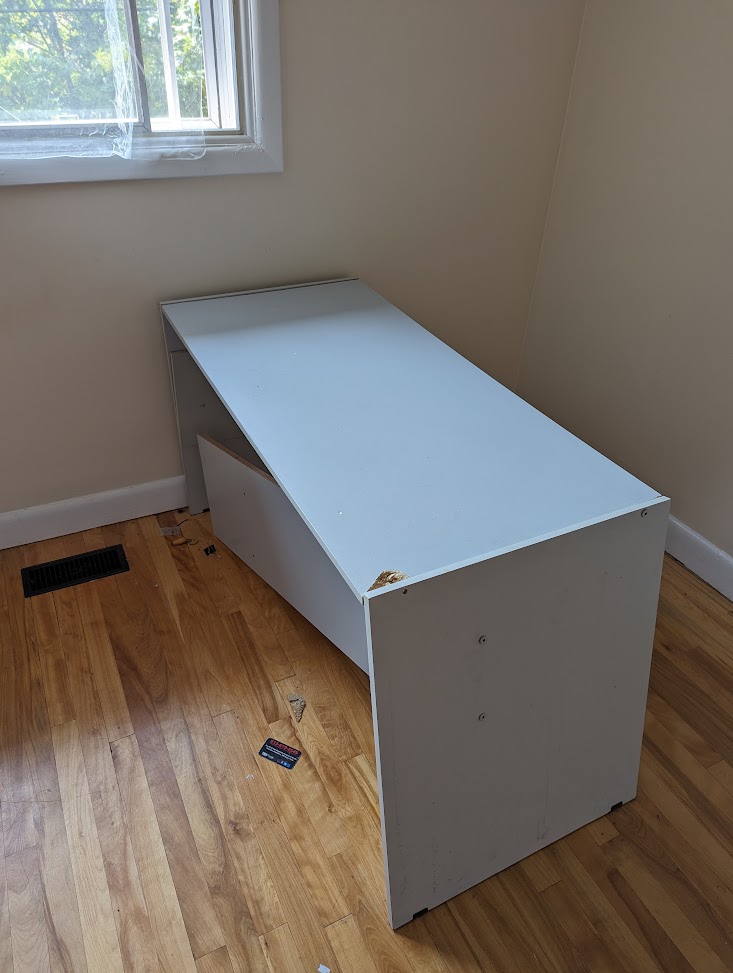
Implementing a Comprehensive Check-Out Process A well-structured check-out process can alleviate many of these issues:
- Individual Check-Out Inspections: Conduct a detailed inspection of the room with each tenant at the time of their departure.
- Clear Guidelines on Cleaning and Disposal: Provide explicit instructions on cleaning responsibilities and disposal of personal items.
By adopting a proactive approach to maintaining personal spaces and managing tenant turnover effectively, landlords can ensure their student rental units remain in good condition, reducing the frequency of repairs and disputes among tenants.
Security and Access: Key Management in Student Housing
Managing security and access is a crucial aspect of maintaining student rental units. This section explores the challenges and solutions related to key management and security in these properties.
The Challenge of Lost Keys and Fobs Lost keys or fobs are a common issue in student housing, causing inconvenience and potential security risks. The reasons include:
- High Turnover of Tenants: Frequent changes in tenancy increase the likelihood of keys being lost or not returned.
- Varied Schedules: Students’ erratic schedules contribute to the higher incidence of lost or misplaced keys.
The Advantages of Door Keypads To combat these challenges, many property managers are turning to door keypads. Benefits include:
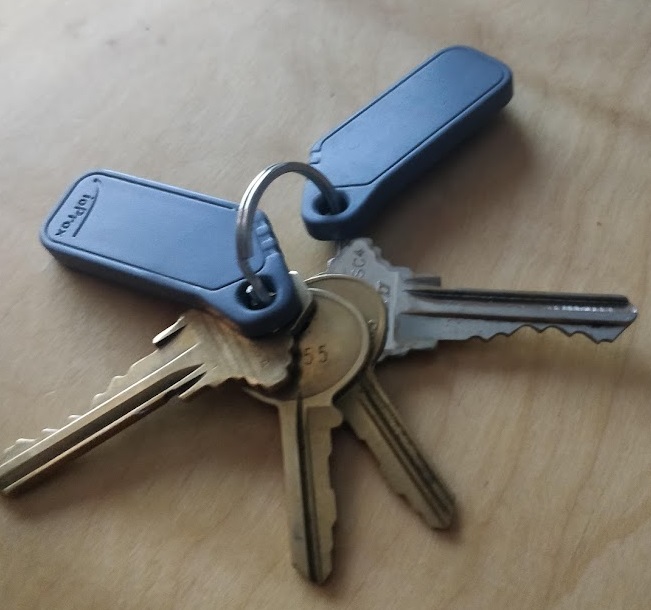
- Enhanced Security: Keypads eliminate the risk of lost keys falling into the wrong hands.
- Ease of Access: Tenants can enter their units without worrying about carrying keys.
- Simplified Management: Changing access codes is easier and more cost-effective than replacing locks or keys.
Best Practices for Key Management For properties still using traditional keys, the following practices can improve security and convenience:
- Key Tracking System: Implement a system to track who has which keys to ensure accountability.
- Clear Key Return Policies: Establish and communicate clear policies for key return upon tenancy termination.
- Regular Lock Changes: Regularly changing locks or rekeying can prevent unauthorized access from former tenants.
By adopting efficient key management practices, whether through traditional means or modern technologies like keypads, landlords can enhance the security and convenience of their student rental units, ensuring a safer and more manageable living environment for their tenants.
Waste Management: Addressing Missed Garbage Days
Effective waste management is a significant challenge in student rental units. This section explores the common issues related to garbage disposal and provides practical solutions.
Common Challenges with Waste Management In student housing, waste management issues often arise due to:
- Irregular Schedules: Students’ unpredictable schedules can lead to missed garbage days.
- Lack of Responsibility Allocation: Without clear responsibilities, garbage can pile up, especially when tasks are not assigned among roommates.
- End-of-Tenancy Waste: Students moving out at different times may leave behind garbage, expecting remaining roommates to handle disposal.
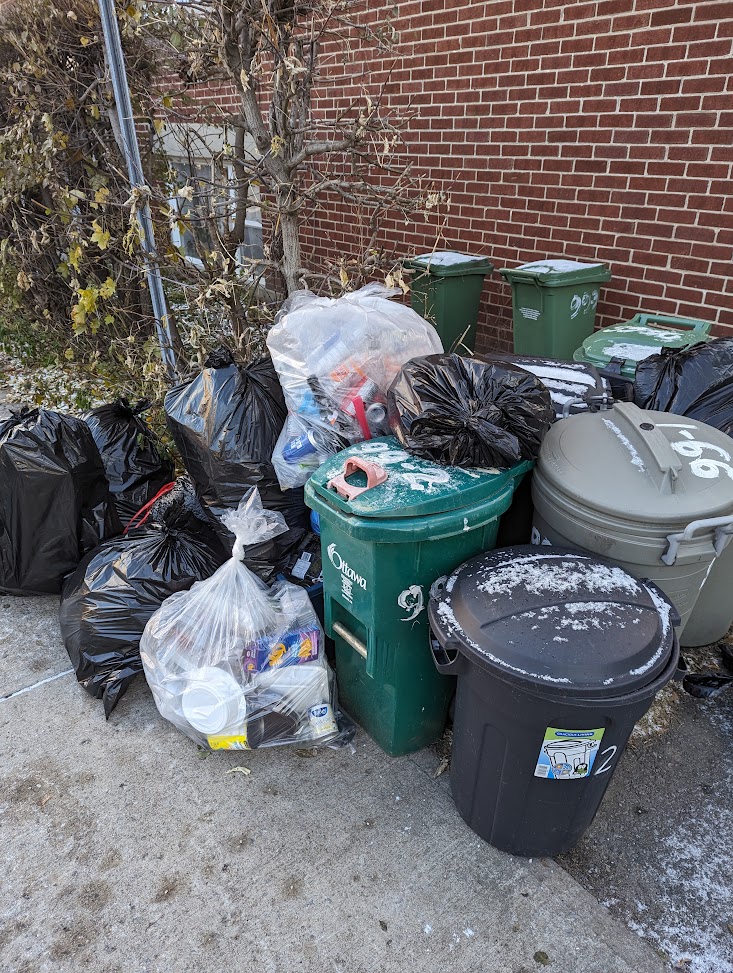
Strategies for Effective Waste Management To ensure a clean and healthy living environment, consider implementing the following strategies:
- Clear Garbage Disposal Instructions: Provide tenants with clear instructions on garbage disposal days and recycling procedures.
- Designated Responsibility System: Establish a rotating schedule for garbage disposal duties among tenants to ensure regular waste management.
- Provision of Adequate Disposal Facilities: Ensure there are sufficient bins and recycling facilities readily accessible to all tenants.
- Hiring a management company that would dispose of the garbage on the designated garbage or recycling City of Ottawa pick up day.
Handling End-of-Tenancy Waste End-of-tenancy is a critical period for waste management:
- Pre-Move-Out Inspections: Conduct inspections to remind tenants of their responsibility to clean and dispose of their waste before leaving.
- Clear Move-Out Guidelines: Provide detailed guidelines on waste disposal and property cleaning expectations upon moving out.
- Deposit Deductions for Waste-Related Issues: Clearly communicate the possibility of deductions from security deposits for failure to properly dispose of waste.
By adopting these waste management strategies, landlords and property managers can significantly reduce issues related to garbage disposal in student rental units, ensuring a cleaner and more organized living space for all tenants.
In summary, maintaining student rental units requires a nuanced approach, considering the unique challenges these properties present. From managing common areas and personal spaces to ensuring efficient waste management and security, each aspect demands attention and strategic planning.
Regular maintenance checks, clear guidelines for tenants, and proactive measures are key to minimizing the frequency and extent of repairs. Encouraging a sense of community and responsibility among tenants can also play a vital role in maintaining the property. By implementing structured processes for key management, waste disposal, and tenant turnover, landlords can create a more organized and harmonious living environment.
Understanding and addressing these common repair needs not only enhances the quality of life for tenants but also preserves the value and longevity of the rental property. With thoughtful management and a proactive approach, student rental units can be maintained efficiently, ensuring a pleasant and safe living experience for all occupants.
